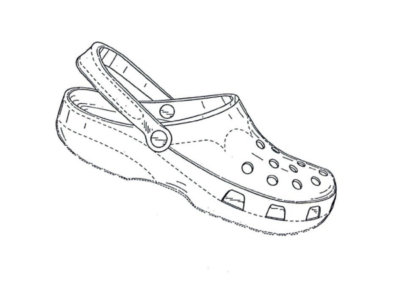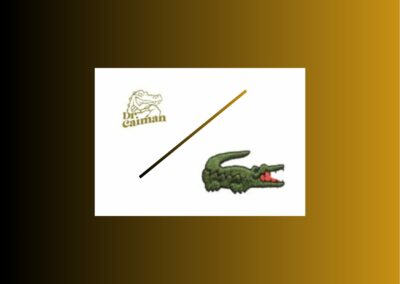In our profession, actions for unfair competition or parasitism are what’s left when you cannot justify intellectual property rights and therefore cannot act for infringement. Nonetheless, such actions can be highly effective if the rules are properly observed. A few recent rulings have clarified its scope.
Supreme Court – June 26, 2024 – MAISONS DU MONDE / AUCHAN
In this first case, Maisons du Monde sued Auchan for unfair competition and parasitism in connection with Auchan’s marketing of tableware featuring “vintage” images. The plaintiff claimed that these objects reproduced a décor created by its design office and marketed in the form of a painting on canvas.
The Court of Appeal recalled that for parasitism to be characterized, it is incumbent on the plaintiff to “prove and demonstrate that the constituent elements of such reprehensible behavior are present, namely:
- the existence of an individualized economic value resulting from know-how, intellectual work, reputation and investment
- the inspiration or evocation of this economic value procuring a competitive advantage for the author of the parasitic acts
- unjustified intentional inspiration or evocation for profit”.
In this case, the first condition could not be demonstrated. The mere fact of using a competitor’s concept consisting of a banal combination of images, which has never been promoted as emblematic of the Maisons du Monde brand universe and which does not as such represent an individualized economic value, does not constitute an act of parasitism.
Paris Court of Appeal – October 16, 2024 – CHANEL / JONAK
On the contrary, the elements constituting parasitism were deemed to be present in this decision which caused quite a stir in the fashion industry.
For many years, Chanel has marketed a beige and black slingback shoe model. The company has also used the “chain” shoulder strap of its 2.55 bag on numerous accessories. Chanel considered that JONAK was undermining its distinctive codes and identity by marketing several shoes featuring either the beige color code with contrasting black toe or a leather interlaced chain.
Chanel succeeded in establishing before the Court a broad public awareness of its products and in demonstrating the individualized economic value that justified its claim, notably through a survey of a panel of 500 women, extensive exposure in various media over many years, a substantial press review and significant investment in promoting these shoes.
However, Jonak’s sentence remains limited to 150,000 euros for economic loss, which is doubtless out of all proportion to the investments made and profits earned by Jonak.






